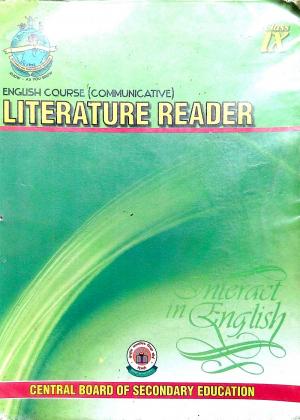The Seven Ages
William Shakespeare
William Shakespeare (1564-1616) was born in Stratford-upon-Avon. He is considered by many to be the greatest dramatist of all time. He wrote 154 sonnet, two long narrative poems and about three dozen plays. Shakespeare used poetic and dramatic means to create unified aesthetic effects. In verse he perfected the dramatic blank verse.
All the world's a stage
And all trhe men and women merely players:
They have their exist and their entrances;
And one man in his time plays many parts,
His acts being seven ages. At first the infant,
Mewling and pucing in the nurse's arms.
Then the whinning schoolboy, with his satchel
And shining morning face, creepping like snail
Unwillingly to school. And then the lover,
Sighing like furnace, with a woeful ballad
Made to his mistress' eyebrow. Then a soldier.
Full of strange oaths, and bearded like the pard,
Jealous in honour, sudden and quick in quarrel,
Seeking the bubble reputation.
Even in the canon's mouth. and then the justice,
In fair round belly with good capon lined,
With eyes severe and beard of formal cut,
Full of wise saws and modern instance;
And so he plays his part. The sixth age shifts
Into the lean and slippered pentaloon,
With spectacles on nose an pouch on side,
His youthful hose, well saved, a world too wide
For his shrunk shank; and his big manly voice,
Turning again toward childish treble, pipes
And whistles in his sound. Last scene of all,
That ends his strange eventful history,
Is second childishness and mere oblivion,
Sans teeth, sans eyes, sans taste, sans everything.
Available Answers
- 1.
"…But up-and-down brushin'
And pokin' and fussin'
Didn't seem worth the time-I could bite!"What do these lines convey?
- 2.
Why did the poet go to the dentist? How could she have avoided it?
- 3.
"If you got a tooth, you got a friend", what do you understand from the line?
- 4.
With reference to the poem, how can you look after your teeth?
- 5.
Give an appropriate proverb that conveys the message that this poem carries.

